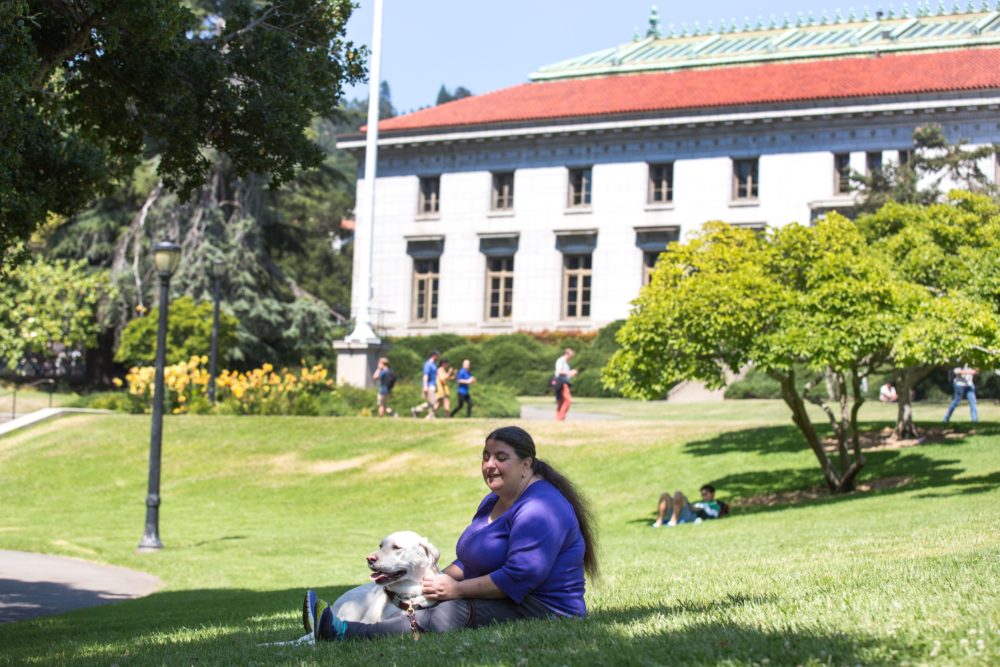By Lucy Greco. In early 2016, several people from across the UC system joined Procurement on a Request for Proposal (RFP) team to look for a new audio and video conferencing platform. Because UC has a systemwide IT accessibility policy, we needed to make sure that the video conferencing tool we chose would be as accessible as possible to everyone, including people with disabilities.
To that end, the RFP team followed general accessible purchasing guidelines, developed several years ago by the UC Electronic Accessibility Committee (EAC). The guidelines, including a basic questionnaire and checklist can be found on the EAC’s website.
Once the vendors responded to the RFP, the accessibility of all the tools was tested by accessibility experts on the team through a sandboxing process. After reviewing the responses to the accessibility questions and the usability of the actual applications, the RFP team determined that Zoom was the clear leader, for both accessibility and other important RFP criteria.
This did not mean that Zoom was fully accessible, but it was definitely better than any of the other candidates. Because UC’s commitment to accessibility is strong, UC required that Zoom improve its general accessibility for our users. For example, one of the initial accessibility problems with Zoom was users could not access all of the controls via a keyboard. This was not news to Zoom, as other universities interested in purchasing the product have the same requirements.
Zoom responded and within the past few months, people in the accessibility community have been noting improvements to the Zoom interface. It is now considered to be the top video conferencing and recording solution for screen reader users. These are people with vision or other impairments who use software to read website and application content out loud to them. Today, Zoom has made all of their controls keyboard accessible and also has an extensive keyboard shortcuts list.
By including the accessibility checklist and questionnaire in the RFP, and by having a commitment to accessibility in our contract language, UC has played a part in improving the accessibility of this tool for everyone who uses it. Our RFP team’s commitment to accessibility led to a “win-win” for everyone.
Whenever you purchase technology, please keep accessibility in mind and help not only our own community but other universities and people using these products. If you need assistance, please reach out to your EAC member at your UC location.
Lucy Greco, pictured above, is the web accessibility evangelist at UC Berkeley. With her is Frances, her service dog.








Thanks for helping provide a service which works for everyone. At UC Santa Cruz we are using Zoom to enable remote captioning staff to listen to the audio in student’s classrooms and provide real-time captions to students in those rooms with hearing impairments. It works very well.